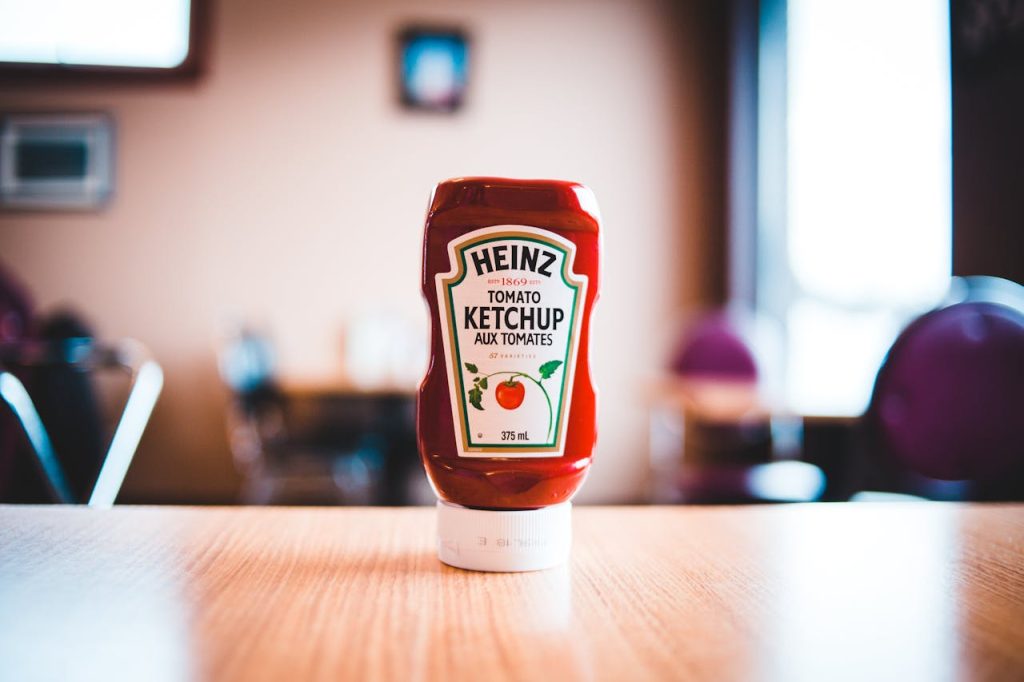Kraft Heinz announced that it would be ending its renowned ketchup and hot dog partnership after over a decade of collaboration. In order to complete the 2015 megamerger that Warren Buffett and 3G Capital arranged, the food giant will divide into two distinct businesses.
According to Kraft Heinz, one of the new businesses will sell North American grocery staples, while the other will concentrate on international sauces, spreads, and seasonings. According to the company, the action aims to reverse an industry trend of building scale through consolidation by reducing complexity and fostering focus.
Kraft Heinz will split into two companies.
“Scale by itself is not the answer, but having scale along with focus creates opportunities,” said Chief Executive Carlos Abrams-Rivera.
He will be in charge of the $10 billion North American grocery company, which also owns Lunchables, Oscar Mayer, and Kraft Singles. With Heinz ketchup, Kraft Mac & Cheese, and Philadelphia cream cheese, the $15 billion global division will focus on “taste elevation.” The split demonstrates a change in approach throughout the food sector. Keurig Dr Pepper has begun to terminate its 2018 agreement, while Kellogg split in 2023. According to analysts, businesses with more focused portfolios are able to adjust faster than large conglomerates. “Food companies have found that their breadth of influence in the grocery store does not necessarily yield the advantages they expected,” said TD Cowen analyst Robert Moskow.
The declining demand for staples like Lunchables and macaroni and cheese has caused Kraft Heinz to struggle in recent years. Citing a drop in market value, the company announced an impairment charge of $9.3 billion in July. In contrast to the S&P 500’s 14% gain, shares fell 7% on Tuesday after Kraft Heinz revealed its breakup plan, bringing the 12-month decline to 27%. A leaner structure, according to executives, will be beneficial.
“We can allocate the right level of attention and resources to unlock the potential of each brand to drive better performance,” said Executive Chair Miguel Patricio. Abrams-Rivera added that nearly 200 brands across 55 categories created too much complexity to manage effectively.
Featured Image Credit: Erik Mclean; Pexels: Thank you!














